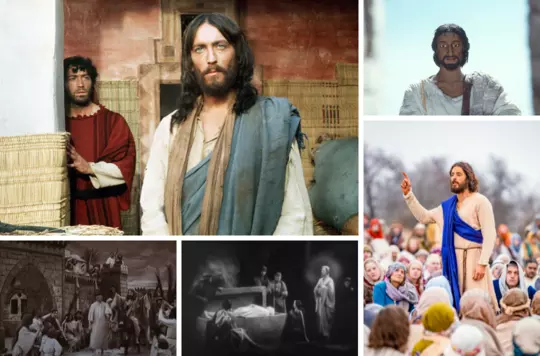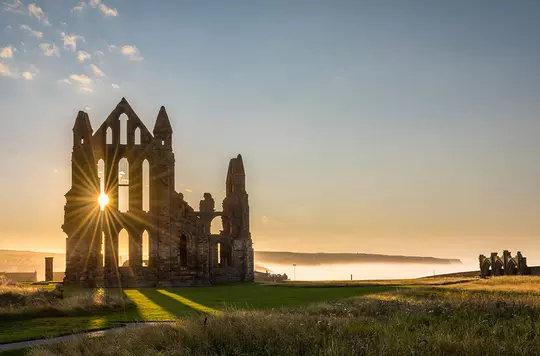11 April 2023
What does salvation mean today?
Commissioner Paul du Plessis

Commissioner Paul du Plessis considers the light of the Saviour in today’s dark world.
The word ‘salvation’ permeates our Movement – its title, its doctrines and, by implication, all we do.
The word was there on Covenant Day, when I entered Salvation Army officership. I pondered whether I could commit myself to living to ‘win souls and make their salvation the first purpose of my life’. I did not relish the thought of lifelong preaching, urging people to make a decision. I simply wanted to help make the world a better place with better people. I had my reservations, but signed up!
William Booth knew there was more to salvation than a simple decision. He visualised his Army rescuing the victims of vice and poverty of Victorian England. The lighthouse ‘Salvation’ beamed across the sea; those already saved helping those needing to be saved. He set up his grand scheme, emphasising that it is ultimately a personal relationship with Christ that matters.
Therein lies the essence of whole-person transformation. This is salvation. Simeon, the old man in the Temple, seeing the Christ child, exclaims: ‘My eyes have seen your salvation, which you prepared for all people’ (Luke 2:30 and 31 International Standard Version). Yes, for all.
Bewildered by the complexity of the world’s problems, I wish I could see the way forward. I content myself yearning that the world God loves will be saved from self-destruction.
It is a world where all in it need to be saved from decline and decay when we are left to our own devices. It is a world in which globalisation and sectarianism, wealth and poverty, modernity and antiquity collide. Oppression and discrimination feed on weakness and a feeling of inferiority.
The Saviour entered our world to restore what was lost, reminded us of the values of the Kingdom, and then died with us as those values were rejected. I can speak of those to a retired paediatrician, the victim of alcohol abuse wanting a better way. I can highlight them in a district or national committee or international conference. I see all contributing to the salvation of the world.
But politics and law enforcement alone will not suffice. A change of heart and mind are essential. Old ways must die; new ways must be discovered. That is the heart of the Cross-Resurrection event. It’s something worth practising and explaining.
I’ve stood close to the spot where Simeon recognised the Christ. It’s the city where the Saviour died. It’s a city divided between Israeli and Arab. I weep inwardly with them. I feel for those fighting in Ukraine. Human domination and rejection prevail elsewhere. I’ve agonised with the Dalit people of India, shared the pain of apartheid South Africa, felt the sadness of a gay man rejected by his church. There’s salvation for us all as we enter their worlds.
Translating our Movement’s name into different languages produces varying shades of meaning. In Thailand, Islamic insurrectionists had registered the name, so we became ‘The Army of the Saviour’. I like that. The Army belongs to him; he’s with us; he’s the one in whom we place our faith; he’s the one to whom we point; he’s the one we try to introduce to others.
He didn’t use force; neither must we. Love rules. We work gently with him, hoping that all will find – with the people of Samaria – that he really is the Saviour of the world.
All the world.
- Originally published in the South London Retired Officers’ Newsletter.
Written by

Commissioner Paul du Plessis
Retired Officer, London
Discover more

Seeing and believing: How is truth revealed to us?
Major Malcolm Martin considers the conflict of opinion about Jesus.

Christ on camera: Bringing the Easter story to life
Ivan Radford explores portrayals of Jesus and the events of Easter on film and TV.

Poetry Corner: Easter
A selection of Easter poems written by Salvationist magazine readers.

Easter: How is the date calculated?
Philip Halcrow talks to historian Dr Michael Carter about why the timing of Easter changes each year.